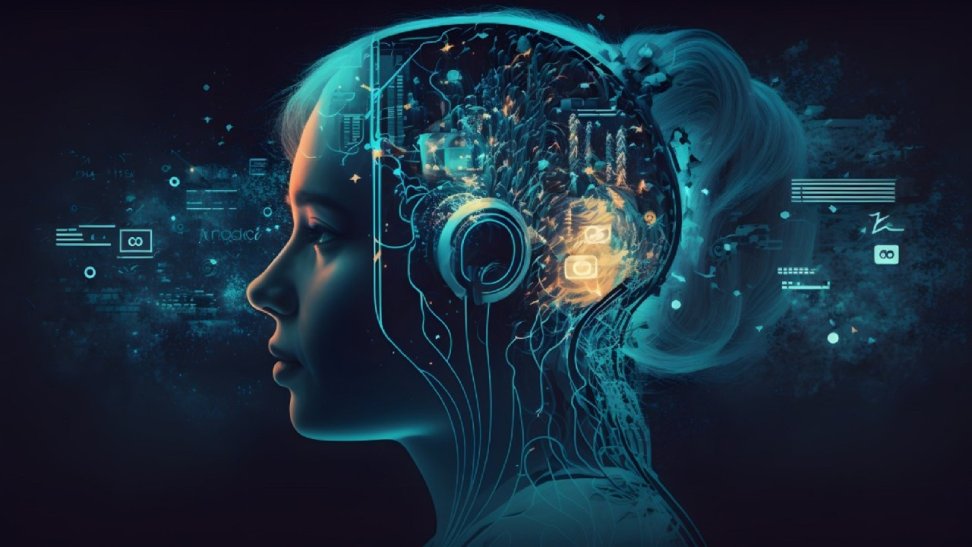11xplay Reddy Login, Betbhai9, T20exchange: Cognitive computing discusses the utilization of computerized models to simulate human thought processes. It focuses on developing systems that can comprehend, learn, and solve complex problems autonomously. Through various technologies such as natural language processing and machine learning, cognitive computing aims to enhance decision-making and pattern recognition capabilities in machines.
This advanced technology enables computers to interact with users in a more natural way, understanding context, emotions, and intent. By combining the power of artificial intelligence, big data analytics, and other cognitive technologies, cognitive computing systems have the potential to revolutionize various industries, from healthcare to finance, by providing valuable insights and augmenting human expertise.
Understanding Artificial Intelligence
Artificial Intelligence (AI) is the simulation of human intelligence processes by machines, particularly computer systems. It involves the development of algorithms that enable machines to learn from and adapt to data, making decisions and performing tasks independently. AI encompasses various subfields, including machine learning, natural language processing, and computer vision, all aimed at replicating cognitive functions such as problem-solving, reasoning, and perception.
One of the key components of AI is deep learning, a subset of machine learning that utilizes artificial neural networks to enable machines to recognize patterns and make decisions in a way that mimics the human brain. Deep learning has revolutionized AI by enabling computers to process and analyze large volumes of data with remarkable speed and accuracy, leading to breakthroughs in areas such as image and speech recognition, autonomous vehicles, and healthcare diagnostics. As AI continues to advance, its potential to transform industries and enhance our daily lives becomes increasingly apparent.
• AI is the simulation of human intelligence processes by machines
• It involves algorithms that enable machines to learn and adapt to data
• Subfields of AI include machine learning, natural language processing, and computer vision
• Deep learning is a subset of machine learning that uses artificial neural networks
• Deep learning has revolutionized AI by enabling computers to process large volumes of data with speed and accuracy
The Evolution of Machine Learning
Machine learning, a subset of artificial intelligence, has made remarkable strides over the past few decades. Initially focused on algorithms that could make predictions based on data, machine learning has evolved to encompass a wide range of techniques, from supervised and unsupervised learning to reinforcement learning. The development of more sophisticated models and the availability of vast amounts of data have propelled machine learning into various industries, from healthcare and finance to marketing and transportation.
As machine learning algorithms have become more advanced, researchers and scientists have delved deeper into neural networks, deep learning, and natural language processing. These cutting-edge technologies have enabled machines to not only recognize patterns but also to comprehend, interpret, and generate human language. With the continuous advancements in hardware capabilities and the growing interest in understanding complex data, the evolution of machine learning shows no signs of slowing down.
What is cognitive computing?
Cognitive computing is a technology that simulates human thought processes through the use of artificial intelligence and machine learning algorithms.
How does artificial intelligence work?
Bet365 ID, Play247 Online, Iceexchange: Artificial intelligence is the simulation of human intelligence processes by machines, especially computer systems. It involves the use of algorithms to perform tasks that typically require human intelligence.
What is the evolution of machine learning?
The evolution of machine learning has seen significant advancements in recent years, with the development of more sophisticated algorithms and the availability of vast amounts of data for training models. Machine learning has evolved from simple rule-based systems to complex deep learning networks that can learn from data without being explicitly programmed.
How has machine learning impacted various industries?
Machine learning has revolutionized industries such as healthcare, finance, marketing, and transportation by enabling more accurate predictions, personalized recommendations, and automation of repetitive tasks. It has also led to the development of new products and services that were previously unimaginable.
What are the future prospects of machine learning?
The future of machine learning looks promising, with advancements in areas such as computer vision, natural language processing, and reinforcement learning. As more data becomes available and algorithms become more sophisticated, machine learning is expected to play an increasingly important role in shaping the future of technology and society.
Also Read:-
- What Is Clearpay?
- The Top 5 Books For Entrepreneurs
- What’s been your experience using Costco Travel to book a vacation?





